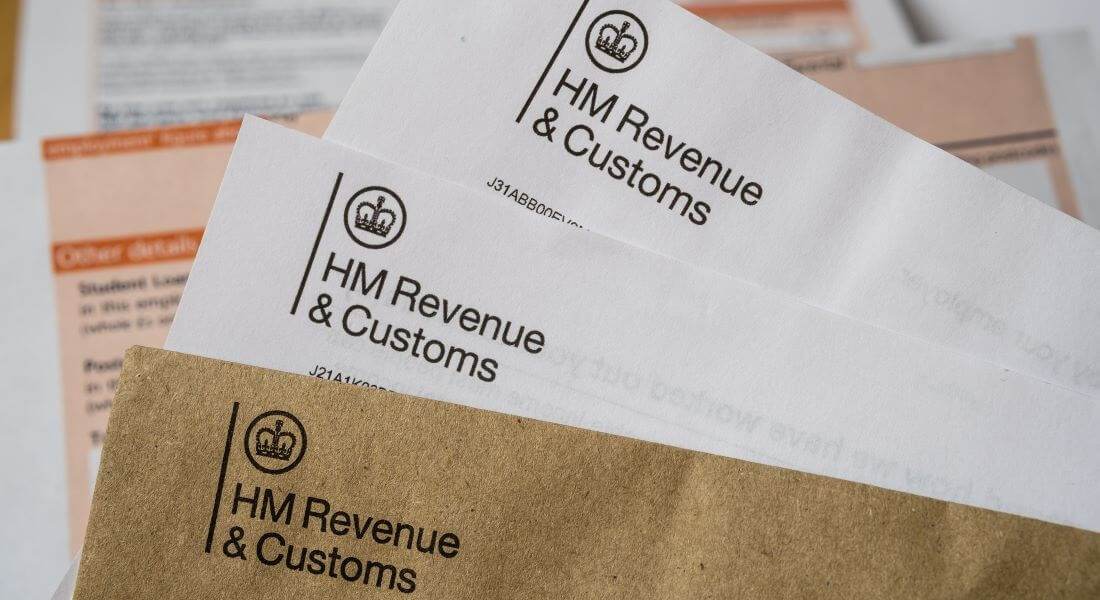HMRC continues to widen its nudge letter campaigns with new communications. HMRC’s nudge letters are designed to remind taxpayers of their legal obligation to review and declare their tax affairs and correct any errors or omissions.
Nudge letters represent HMRC’s ‘One to Many’ approach – a single communication is sent to a large number of taxpayers who have been identified in respect of a specific tax risk. Nudge letters are therefore a cost-effective way for HMRC to communicate with many taxpayers, as HMRC does not have the resources to open full enquiries on each taxpayer it identifies through the information it receives.
To date, HMRC has ‘nudged’ taxpayers who they suspect have paid insufficient tax in regard to an extensive list of matters including, but not limited to: Overseas income and gains, Coronavirus Job Retention Scheme (CJRS), Annual Tax on Enveloped Dwellings (ATED) and Capital Gains Tax (CGT) on property disposals.
Nudge letters in circulation
HMRC’s recent campaigns have focused on:
- Those with an interest in offshore entities following the offshore entity register
- Business Asset Disposal Relief (BADR) lifetime allowance
- Research and Development (R&D) tax relief
- Income from short term property letting
- ATED filings which may have used incorrect bands used on returns
- Online traders
- Creating content on digital platforms such as TikTok, Instagram and YouTube
- Self-Employment Income Support Scheme (SEISS) grants
- Super-deduction
We have seen nudge letter campaigns becoming ever more specific, focusing on smaller groups of taxpayers, as the approach becomes more refined, and the number of sources providing detailed financial information to HMRC increases.
The campaigns are based on accurate sources of information which have been provided to, and reviewed by, HMRC. For example, the nudge letters sent to online content creators were generated by financial information given to HMRC by TikTok, Instagram and YouTube respectively. In a small number of cases, we have seen errors in HMRC’s interpretation of the information it receives.
The nudge letter campaign relating to the register of overseas entities also shows HMRC is utilising information it collects internally. This data is processed quickly, increasing the chances of HMRC identifying lost tax in a timely manner.
Nudge letters are not statutory – but they still need a response
A nudge letter is not a statutory enquiry into a taxpayer’s affairs. However, these letters should not be ignored, and appropriate action must be taken. This does not mean signing and sending the requested certificate of tax position to HMRC – there is no statutory requirement to do so.
If HMRC subsequently opens an enquiry and finds an error, failure to take action following receipt of a nudge letter could lead to higher penalties being charged.
Disclosures and penalties
If you have found an error or omission in your tax return, disclosing this before HMRC sends a nudge letter, or opens an enquiry, will have a more favourable outcome. It can result in the form of lower penalties, as the disclosure would be considered ‘unprompted’. If you have received a nudge letter, HMRC will deem your disclosure as ‘prompted’, meaning potentially higher penalties. For example, a prompted penalty for an offshore omission can be as high as 200%.
We have also noted that HMRC has started follow-up communications to nudge letters which have not been responded to. HMRC will have a database of taxpayers to whom it sends a nudge letter, a record will be kept noting those who have not acted. If HMRC finds an error, we expect action to be taken following an unsuccessful nudge to be much stronger and carry higher potential penalties.
Given the vast amounts of information HMRC has in its possession, its ability to review this using its dedicated teams and Connect software, and dedicated resource to ensure HMRC targets those identified, it means the risk of receiving a communication from HMRC has never been greater.
When to seek advice
If you have received a nudge letter from HMRC, a statutory enquiry notice, or believe you have made an error or omission in your filing to HMRC, we recommend taxpayers immediately seek professional advice. This will help to mitigate any penalties which may be due, and an experienced professional advisor can help navigate the disclosure or enquiry process. In addition, your advisor can assist with related issues, such as agreeing a payment plan with HMRC for the liabilities concerned.
At haysmacintyre, we have a wealth of experience in making successful disclosures to HMRC. We have a proven track record in obtaining the most favourable result for clients, allowing you to draw a line under the matter and move forward without further intrusion from HMRC. To see how we can help, contact Danielle Ford, Head of Tax Disputes, or Riocard Hoye, Senior Manager.







